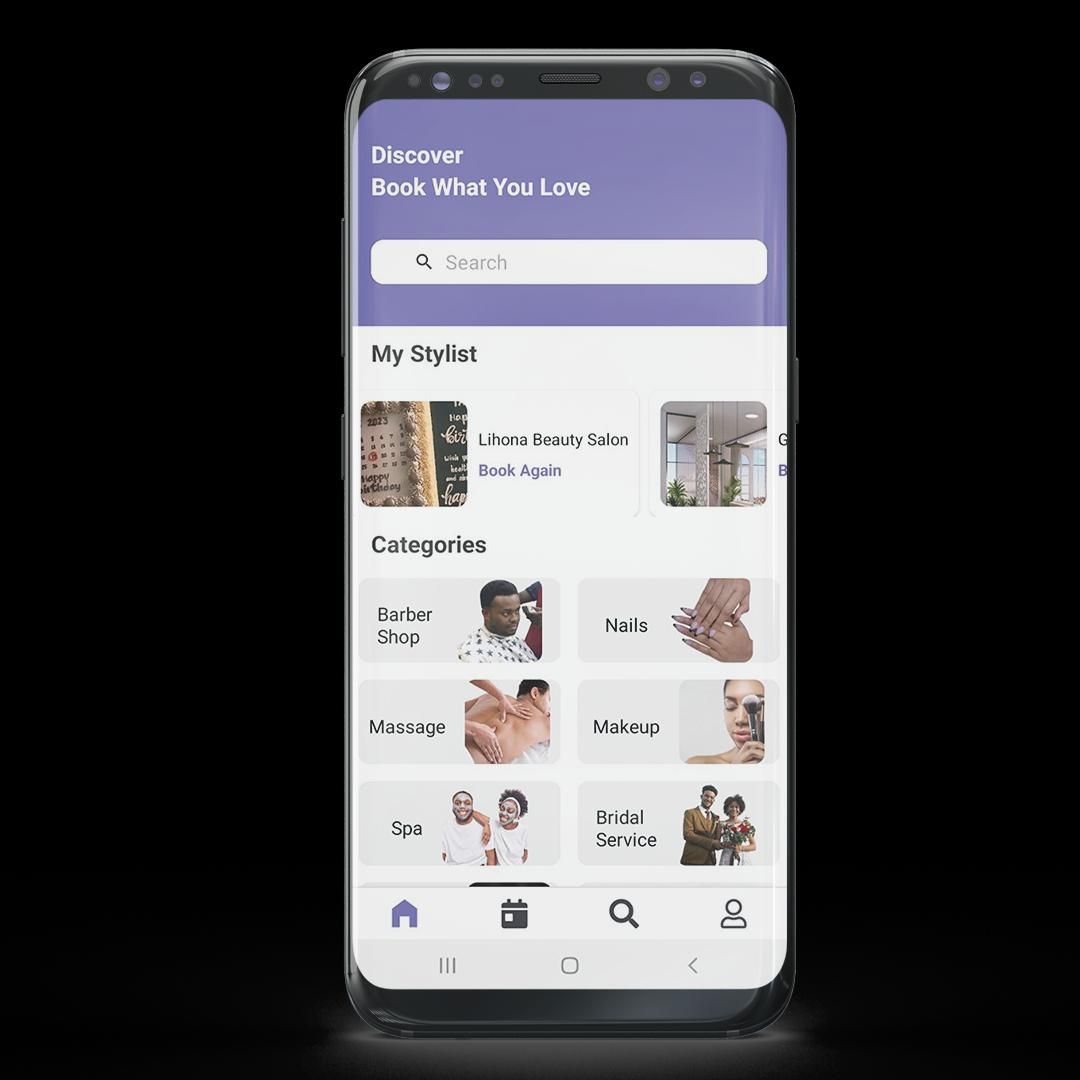Progress for 0 ad


Etenat Awol
Addis Ababa, Ethiopia

Mido Booking, a beauty and wellness appointment management app, went live last week. The platform offers a subscription-based model with tiers catering to individual professionals, growing businesses, and established salons.
Developed by Eyob Sisay, a computer science graduate, Mido aims to transform the way people schedule appointments for beauty services by cutting through the hassle and streamlining the process for both customers and professionals.
The app features service discovery, appointment scheduling, payment, and an admin dashboard for salon owners.
“Sometime ago I was tasked with developing a website for a barbershop business, and building that website turned out to be a real eye-opener,” Eyob Sisay, founder and CTO of Mido, recalls. “Adding a simple appointment tool made a huge difference in their bookings. I saw firsthand how streamlining scheduling could boost business. That’s what got me thinking about Mido.”
According to Eyob, the development of Mido took eight months, and currently their sales team is working to onboard service providers by going door to door and explaining value adds. “Mido solves the problem of inefficient and time-consuming booking processes in the beauty industry.”
The platform also aims to incorporate online payment integration systems like Tele Birr and local languages like Amharic, Afaan Oromoo, and Tigrigna to meet the specific needs of customers.
Currently offered as a three-month free trial, Mido intends to monetize its product through a subscription-based business model.

Subscription business models are based on the idea of selling a product or service to receive monthly or yearly recurring subscription revenue. They focus on customer retention over customer acquisition.
The global subscription economy market size is projected to be $1.5 trillion in 2025, up from $650 billion in 2020.
The surging demand for subscription services has propelled the subscription industry to become one of the most rapidly expanding segments within the global economy and for aspiring entrepreneurs to build a profitable business.
Even though the global subscription model is growing at a staggering pace, there are not enough examples of successful subscription-based startups in Ethiopia. Lift, the first subscription-based ride-hailing platform in Ethiopia, launched in 2022, is finding it difficult to turn a profit despite managing to operate with 7,800 cars, CEO and Founder Munib Ahmed shared with Shega.
There’s also the case of Berbera, a subscription-based e-commerce platform. In our first-ever Shega forensic article, we reported on Berbera’s closure due to its inability to successfully monetize its business model.
“One thing we’ve realized is that subscriptions would not work in Ethiopia’s B2C market. It may work in different circumstances with different consumer behaviors, but it is tough to create market disruption,” Bereket Getnet, CEO and co-founder of Berbera Market told Shega in February 2024.
However, Mido aims to sustain its subscription business model by prioritizing continuous improvement and customer satisfaction by retaining existing subscribers and attracting new ones.
“While we acknowledge existing and past challenges faced by other subscription-based businesses, in the country we remain confident in the unique value proposition tailored to the Ethiopian beauty and wellness industry,” Eyob told Shega.
“Besides, I have worked in a subscription-based business in the past, and it is still successful, but I believe careful market analysis, customer-centric approaches, and ongoing innovation will pave the way for our success in the landscape,” he elaborated.